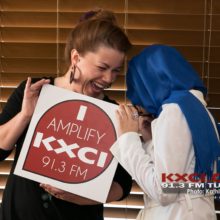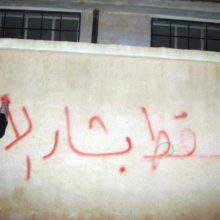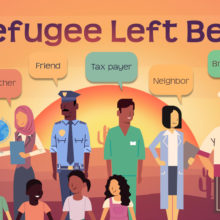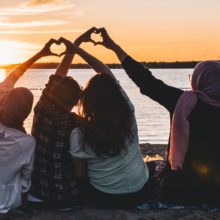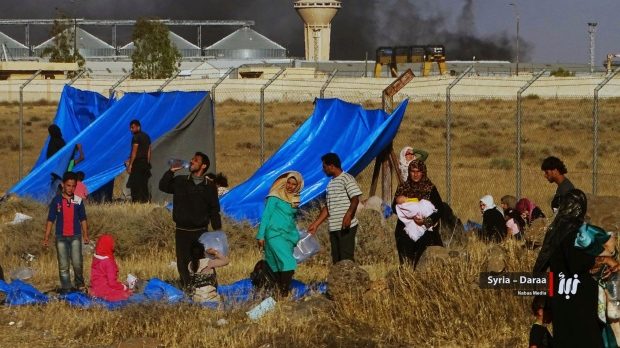
This episode, we ask that you put yourself in the shoes of another. What would you do if your city was not safe? Where would you go?
The parallels between Daraa and Tucson are striking. Both are border towns with nearly a million people living in the desert, but the situation in Daraa is dire and more people should be aware of what’s happening. Take four minutes to put yourself in someone else’s position. How would you act? How much does a border really mean to the people living near it if the “other side” means safety for their family?
Daraa, Syria is a city and province that borders Jordan. The population is about the same as Tucson. So’s the weather. Beginning June 19, Russian and Syrian forces moved in to Daraa, heavily bombing the region. Over a third of the population–over 250,000 people–has been driven from their homes. Many of them into the open desert along the Jordanian border. Temperatures are over 110 degrees, and the area is home to venomous snakes and other creatures. Jordan has refused to let the people cross. Families with small children and elderly parents have been stranded without shelter, water, food, or medicine in the desert. Multiple children have died of untreated scorpion stings.
Houda’s brother-in-law is from Daraa. Last year, when the U.S., Russia, and Jordan brokered a de-escalation agreement for the region, he and Houda’s sister considered returning to Daraa. They didn’t. Today, their family home has been bombed into rubble. His relatives have fled into the desert or neighboring regions. Those children in the desert could easily be Houda’s niece and nephew, Shooq and Hamoudi.
When Russia and the Syrian government broke the de-escalation agreement and started bombing Daraa, the U.S. government, after having promised to protect the region and enforce the agreement, did nothing.
هدى/Houda: من هنا : نحن جميعا تحت سماء وحدة
Melanie/ميلاني: From here, we are all a family under one sky.

